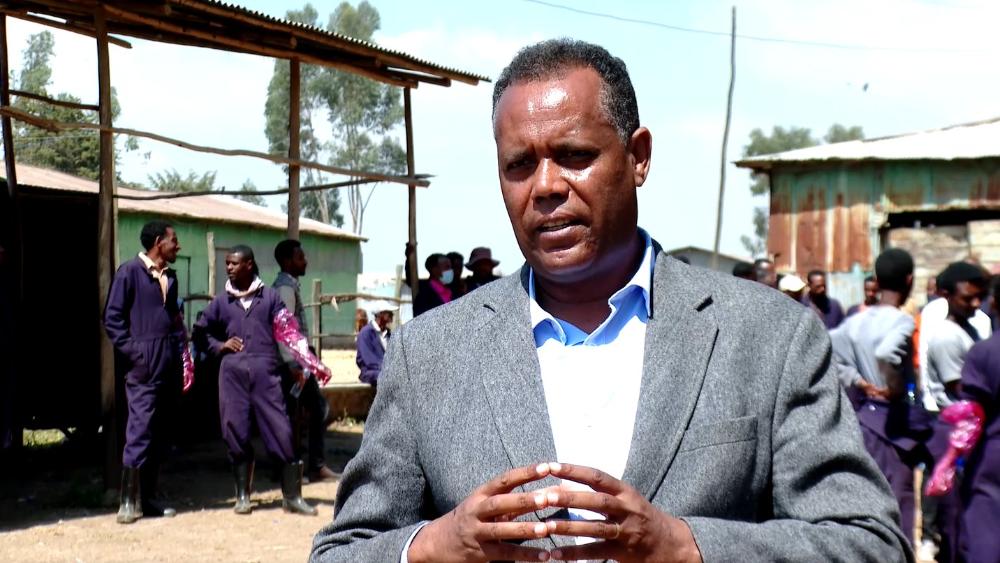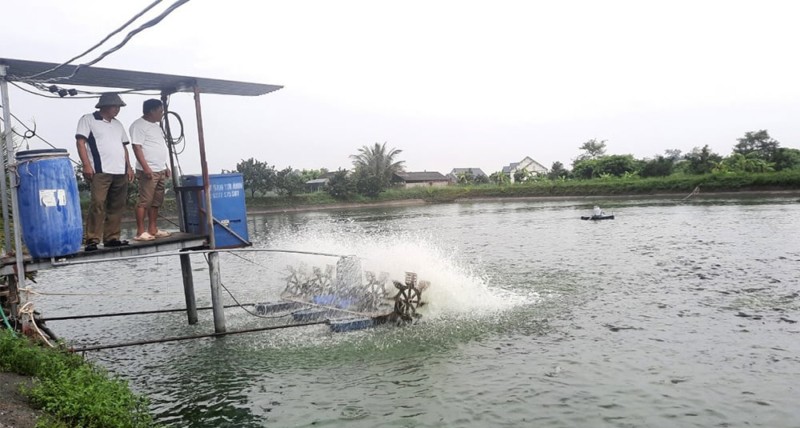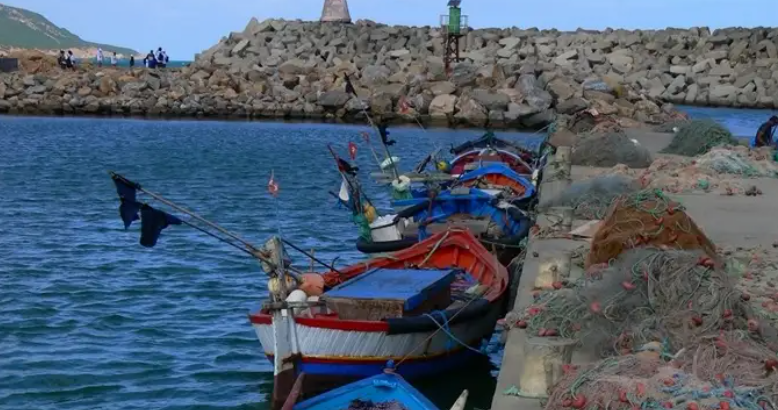
Addis Ababa, December 29, 2024 (ENA) – Fishing activities are experiencing significant growth at the Grand Ethiopian Renaissance Dam (GERD) and other regions of Ethiopia, according to Fikru Regassa, the State Minister of Agriculture.
In an exclusive interview with the Ethiopian News Agency (ENA), the State Minister highlighted advancements in fish production and related activities.
Although Ethiopia has abundant resources and favorable conditions for aquaculture, the sector has long been neglected, he noted. However, the sector is now receiving renewed attention and support to boost both production and productivity.
Government Policies and Strategies
Fikru stated that the government is actively implementing policies, strategies, and guidelines aimed at enhancing the country’s capacity to produce substantial quantities of high-quality fish products. This effort has spurred the widespread expansion of aquaculture operations at GERD and other parts of the country.
The Ministry of Agriculture has set a target of distributing 9.2 million fish fingerlings to various regions during the current Ethiopian fiscal year. To date, 4.5 million fingerlings have been distributed, with efforts underway to accelerate progress.
“Our strategic approach involves maximizing the use of existing water bodies by restocking them with fingerlings and establishing efficient fish harvesting and marketing systems,” the State Minister explained.
Additionally, he emphasized promoting backyard and farm fishponds to engage more farmers and livestock breeders in aquaculture. “So far, we have distributed approximately 4.5 million fingerlings out of the planned 9.2 million,” he said.
Progress at GERD
Fikru highlighted notable progress in aquaculture, particularly at GERD. He reported that 56 tons of fish were harvested two weeks ago, with some individual fish weighing up to 70 kilograms. The harvest involved organized youth groups participating in the process.
To facilitate these operations, the Ministry has procured specialized vehicles for transporting fingerlings, ensuring their safe and timely delivery from hatcheries to water bodies across various regions.
Advancing Aquaculture Infrastructure
Ethiopia holds significant potential for large-scale fish production, and substantial efforts are underway to develop the necessary support infrastructure, Fikru added.
The Sebeta Agricultural Research Center has initiated the distribution of mono-sex fingerlings (all-male).
“In collaboration with the Sebeta Agricultural Research Center, we are piloting a technology for distributing mono-sex fingerlings in Ethiopia. About 80% of the distributed fingerlings will be male, as they are preferred for higher meat yields,” the State Minister explained.
This targeted approach focuses on male fingerlings to reduce food competition in ponds, promote faster growth to larger sizes, and ultimately result in higher fish meat harvests of superior quality.
Call for Private Sector Involvement
Fikru concluded by encouraging greater participation from private investors in the aquaculture sector to accelerate and enhance its development beyond the current government initiatives.



